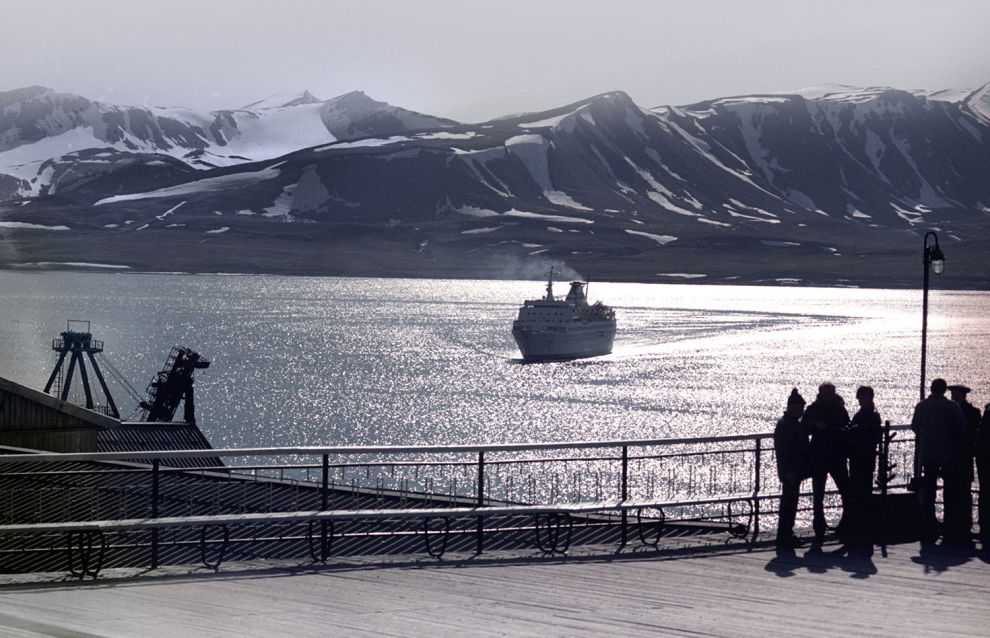Russian scientists intend to study permafrost in the Arctic
Spitsbergen-based specialists from the Arctic and Antarctic Research Institute (AARI) have started preparations for permafrost monitoring.
They have completed the spring work cycle on the Spitsbergen archipelago, spending three weeks examining 16 geographical features and launching preparations for deploying a large-scale permafrost monitoring system.
“The expedition has drilled a 25.5-meter well in the Grondalen valley to monitor permafrost. Right now, the AARI researchers are making a full geological description of the drill sample they have obtained and preparing soil samples for a laboratory analysis. A thermistor chain has been installed in the well and its data will be transmitted via a satellite channel to enable remote monitoring of the permafrost rock,” the AARI press service reported.
According to AARI director Alexander Makarov, this project is an important component of the expedition’s seasonal stage. A well-organized monitoring post has made it possible to streamline technologies that will later be used to create a comprehensive permafrost monitoring system in Russia.
“To begin with, we are planning to build 140 permafrost monitoring posts as part of this project. To reduce our costs, we will install the sensors near Roshydromet’s meteorological stations,” he said.
The Russian scientific Arctic expedition to the Spitsbergen archipelago conducts year-round and seasonal research and surveys, in its base zone. Its work program includes studying glaciers, permafrost patterns and dynamics, oceanographic processes in the Spitsbergen fjords, hydrological regimes of rivers and lakes, as well as geophysical and special meteorological phenomena. Planned missions are performed by a wintering team and annual seasonal expeditions, involving a total of 50 research personnel.
